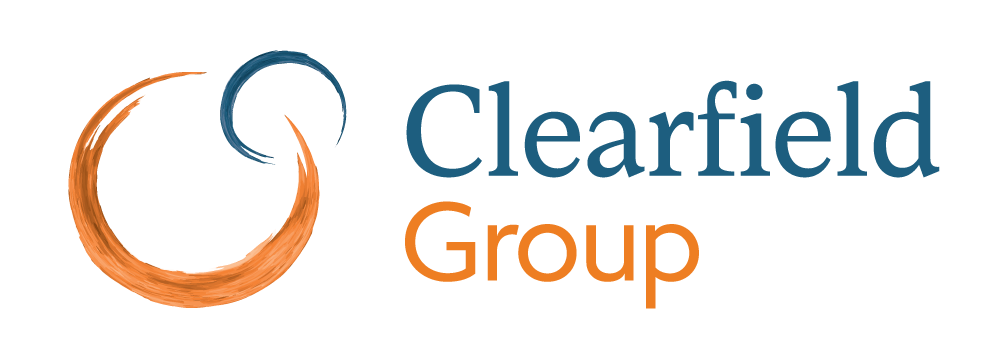We humans believe in a lot of stories.
We believe in property rights.
We believe in money.
We believe in truth, right and wrong, and in answers.
We believe in corporations, teams, nations, universities—groups and institutions that define us and create belonging. Association with these institutions (which often exist only in our mind, as lines on a map or words on a piece of paper) confers something significant; as a result, we spend a lot of effort deciding who can belong and who is excluded.
Many of us believe that there is something more to the universe, an intelligence or higher being. Sometimes that belief is personified as a God (or gods), sometimes it remains a bit more nebulous.
On the other hand, we often believe in a story that we are separate, that individuals make their own decisions, and that we are not responsible for what happens to others.
We also—more often than is helpful—believe stories about our own experiences.
…stories about how others have slighted us.
…stories that we are right and that others are wrong.
…stories that we see the true nature of a problem, situation, or disagreement.
Our faith in our stories is bolstered by emotions and sensations, self-contained experiences that affirm the “truth” of our experiences.
Is someone arguing with you? Our body reacts, confirming that we’re facing a threat.
Belief in our stories is useful, helping us conserve our energy and move things forward. If we didn’t have beliefs, we’d have to constantly reassess the foundation of the world—a pain in the butt when you’re just trying to get your kids to school or finish a presentation with your colleagues.
But believing our stories costs us, too.
When we believe our stories, we create a world of right and wrong, a world of answers instead of possibilities.
We expend a lot of effort making our case, proving that we are right. This effort mostly comes out as friction, arguments that waste energy and don’t move things forward. So we stay stuck in place, working hard to resist others.
Finally, when we believe our stories, we close ourselves off to learning, to seeing a new way to work.
So what can we do? Here are three things that help me create a little distance and avoid the trap of believing my own stories:
-
Call out your stories. Explicitly recognizing our stories as stories helps us see them from another perspective. Even starting a sentence with the phrase “The story I’m telling myself…” can be a powerful way to break the illusion that your story is true.
-
Notice your feelings. Noticing and acknowledging the sensations in your body can provide a different source of data about the world. If you feel a tightness in your chest, for example, awareness helps separate that feeling (anxiety? fear?) from the story you’re telling yourself at that moment.
Instead of a story, the truth of which is bolstered by your body’s feelings, you can now deal with two separate experiences—a story that you’re telling yourself and a feeling in your body.
-
Practice and be kind to yourself. Believing our stories is so useful that we’ve been doing it our whole lives and for the whole existence of our species. To step away from this belief requires a deep shift in our being.So practice on low-stakes issues. Notice how these stories arise, self-contained, within your daily experiences. Is someone at the grocery store being obnoxiously slow, or is a fellow commuter being a total jerk? Those are stories.
Work with a coach or a peer and get curious about the stories that you absolutely know are true.And when you catch yourself believing your stories, be kind to yourself. Recognize that your awareness is an achievement rather than a failure.
Getting curious about our stories is a journey, not a destination.
I offer these thoughts as a fellow traveler on the road of awareness—a road that I often forget I’m on. I’ll look up and notice that I’ve strayed from the road, in conflict with my partner, mired in the swamp of righteousness (I’m sorry, hon). Or I’ll feel stressed by work, only to step back and realize that I’ve wandered into the desert of scarcity and that I’m stuck in the story that I don’t have enough time to do what I need to.
Welcome to the journey. Hopefully we’ll bump into each other somewhere along the road.
Want to get these articles in your inbox? Subscribe here to join the conversation and download a sample from Meltdown.

